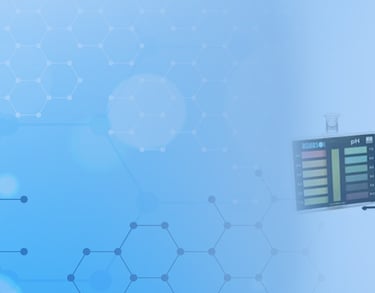Email us : scientific@sumisons.com. | call us : +91 7358100740 | +91 9940240809


Sumisons Scientific - Trusted Dealer & Distributor
Founded in 2018, Sumisons Scientific Pvt Ltd., has grown into leading Dealer & Distributor for multiple Brands in India
Laboratory testing kits are pre-packaged sets of materials, reagents, and tools designed for conducting specific tests or analyses in a laboratory setting. These kits streamline the testing process, providing researchers and technicians with everything needed to perform standardized procedures for detecting, measuring, or analyzing substances. They are widely used across various industries such as healthcare, pharmaceuticals, environmental monitoring, food testing, and industrial quality control.
About laboratory Testing Kits
Key Types of Laboratory Testing Kits:
Chemical Testing Kits:
Used to detect the presence or concentration of specific chemicals in a sample. These kits often include reagents that react with target substances to produce a visible change, such as a color shift, indicating the concentration or presence of a compound. Common examples include pH test kits, titration kits, and anion/cation detection kits.
Microbiological Testing Kits:
Designed for detecting and identifying microorganisms such as bacteria, fungi, or viruses in samples. These kits are often used in water quality testing, food safety testing, and medical diagnostics. Examples include culture media kits, PCR (Polymerase Chain Reaction) kits for DNA analysis, and pathogen detection kits.
Blood and Diagnostic Testing Kits:
Used in medical and clinical laboratories to analyze blood, urine, or other bodily fluids for various health conditions. These include kits for glucose testing, cholesterol testing, HIV/AIDS testing, and pregnancy tests. Many of these kits are designed for rapid results, offering a quick diagnosis with minimal sample handling.
Environmental Testing Kits:
These kits are designed to test environmental factors such as air, water, and soil for pollutants or contaminants. For example, water testing kits can detect heavy metals, nitrates, bacteria, or pH levels, while air quality testing kits may measure gases like CO2, CO, or particulate matter.
Food and Beverage Testing Kits:
Used to ensure food safety and quality by testing for contaminants such as pesticides, microbial contamination, preservatives, or allergens. These kits are commonly used in food processing plants, quality control laboratories, and regulatory testing environments.
Forensic Testing Kits:
Specialized kits for collecting, analyzing, and preserving evidence in criminal investigations. These can include DNA testing kits, drug testing kits, or toxicology kits for analyzing substances found at crime scenes.
Benefits of Laboratory Testing Kits:
Convenience: Testing kits provide a complete solution, saving time and effort by offering all necessary reagents and tools in a single package.
Accuracy: Many kits are designed to provide consistent and reliable results, often validated by regulatory bodies or standardized procedures.
Ease of Use: Most laboratory testing kits are user-friendly, allowing technicians with varying levels of expertise to perform tests effectively.
Cost-Effective: Pre-packaged kits are often more affordable than purchasing individual reagents and equipment, especially for routine testing.

